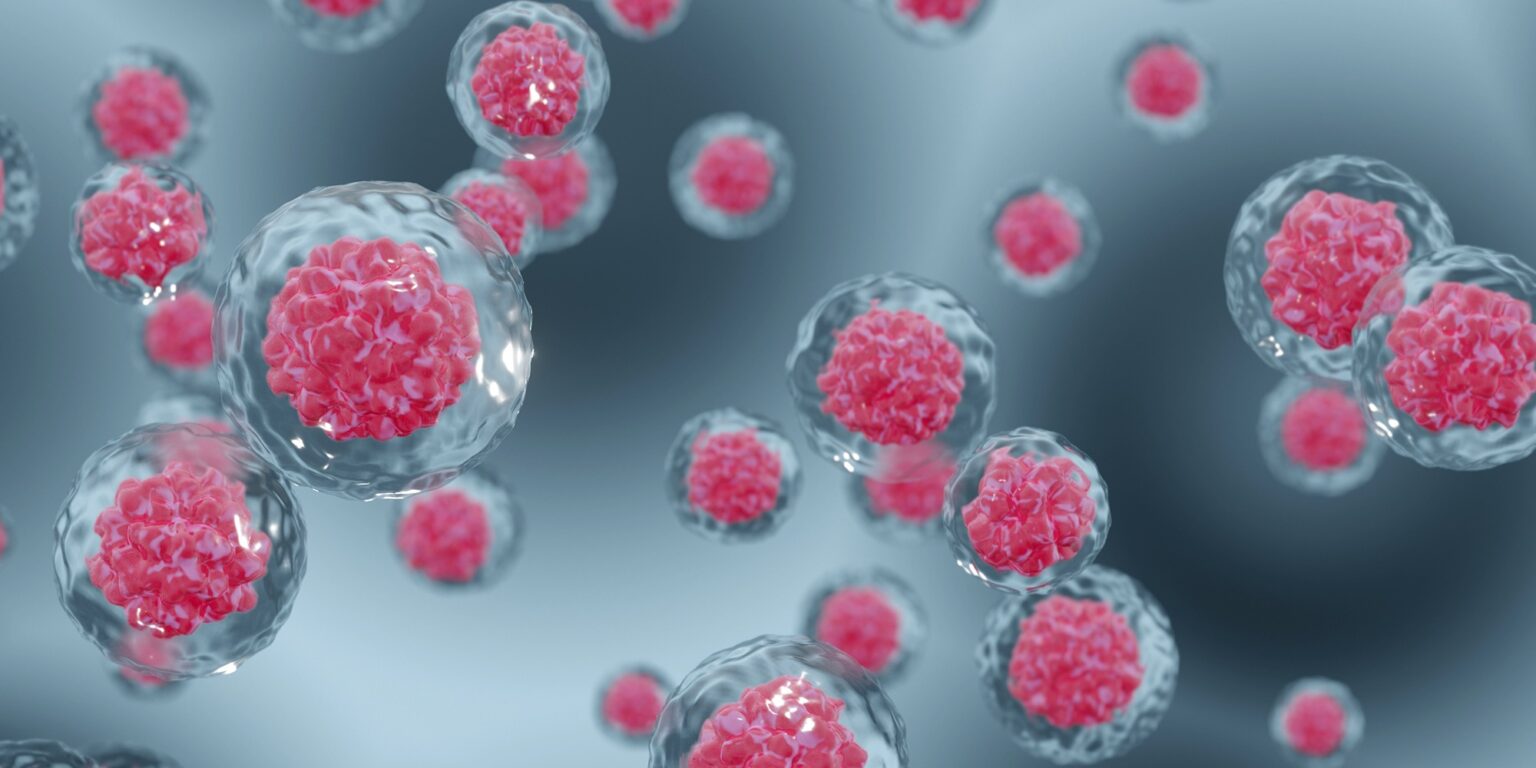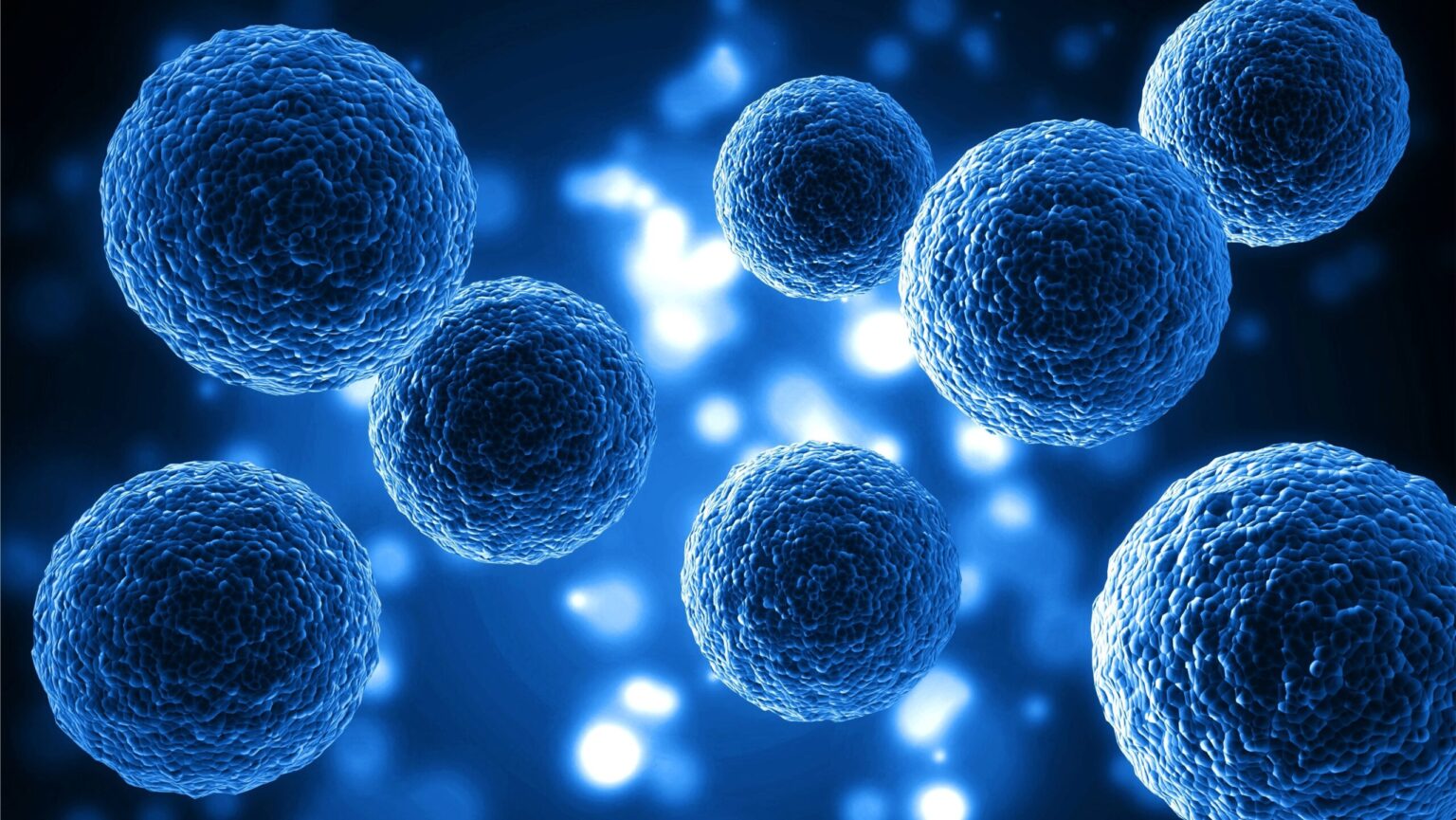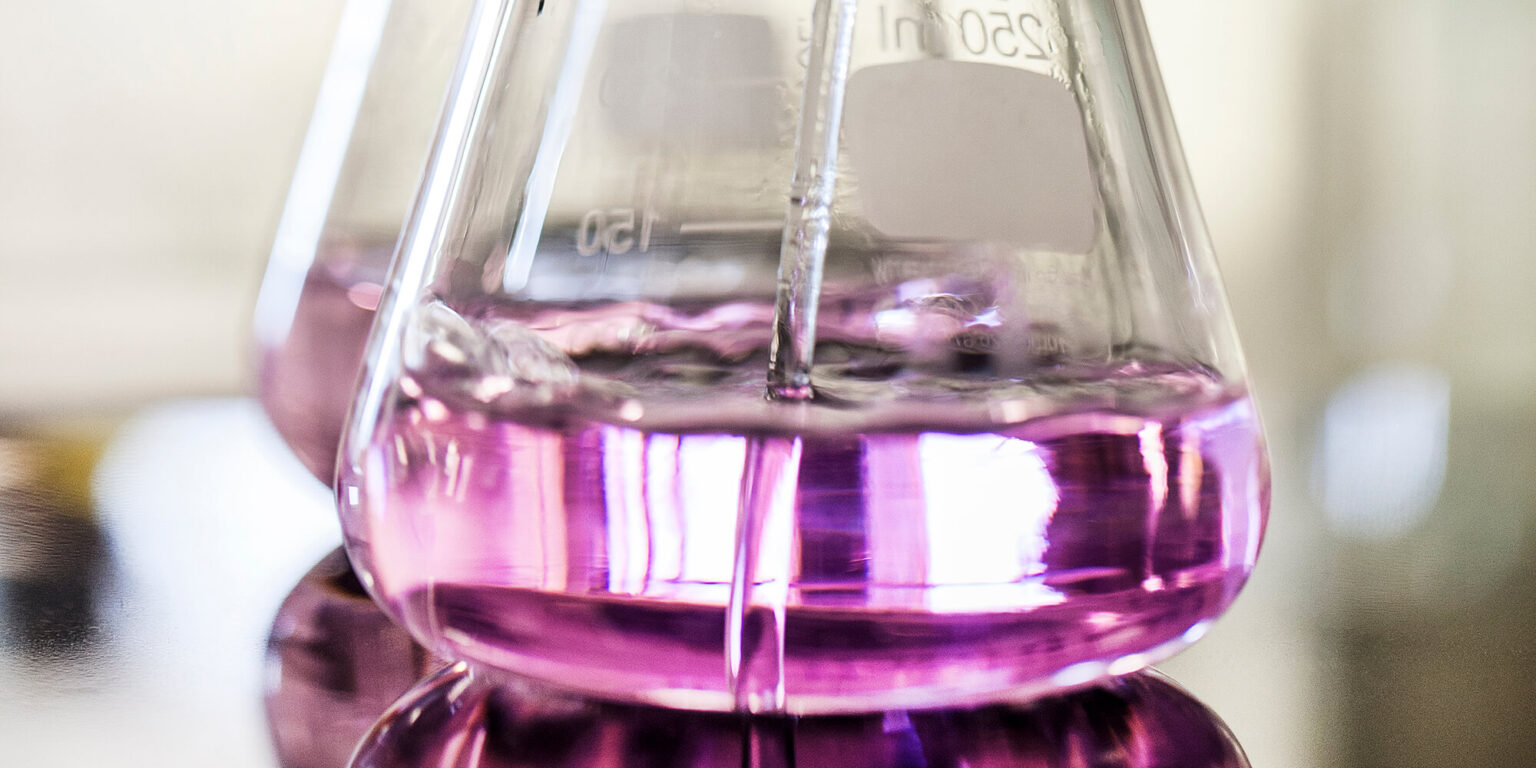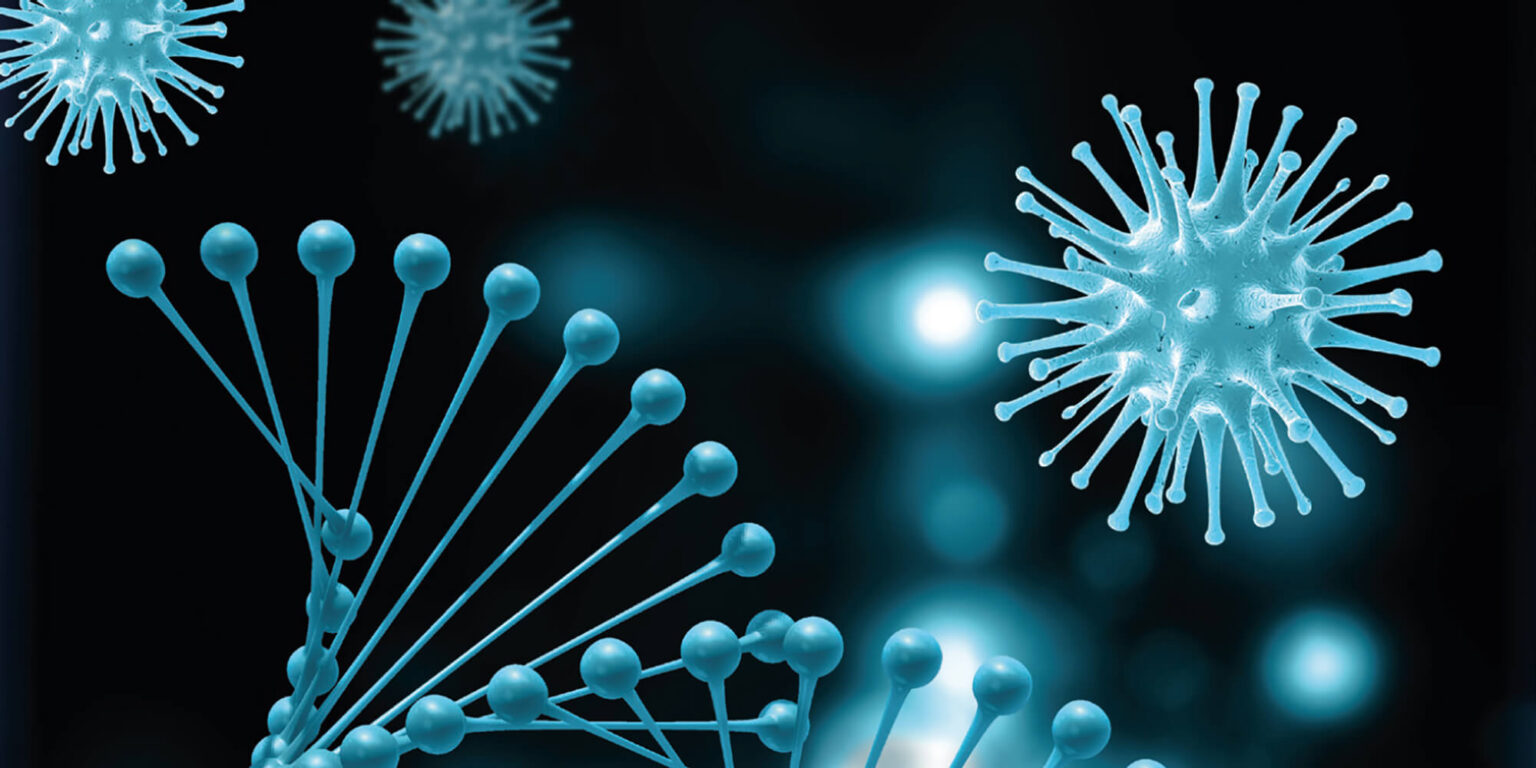Conclusion
- Insulin supplementation to chemically defined media increases the titre for AAV and LV production in HEK293 cells.
- Significant increase in virus production is observed already at 5 mg/L, with the highest effect being observed at 10 mg/L for AAV and 20 mg/L for LV.
- In these experimental conditions the optimal addition time for insulin was two hours before transfection.
Background
Viral systems are commonly used for the delivery of transgenes for cell & gene therapies and vaccine production. The expansion of this area creates increasing needs for production scale-up, optimized processes and increased yields. For safety reasons, animal component-free media, like chemically defined (CD) cell culture media with added metabolites, is widely adopted for virus production. In this study, we investigated the effect of recombinant insulin as supplement in CD media on adeno-associated virus (AAV) and lentivirus (LV) production, using HEK 293 cell line. Viral production was measured at different concentrations (5, 10, and 20 mg/L) of recombinant insulin, and at different addition times (during transfection, 2 hours before transfection, or 4 hours after transfection).
Study description
Three different AAV serotypes were studied (AAV-2, AAV-5, and AAV-8). A three-plasmid system was transferred into HEK293 cells. After 72 hours, AAV particles were collected, the content of ITR gene was detected by qPCR, and the titre (VG/mL) of AAV was calculated. For LV production, a four-plasmid system containing GFP tags was transferred into HEK293 cells. 72 hours post transfection, GFP expression was measured using FACS and the titre (Tu/mL) of LV was calculated.
Results
Across all three AAV serotypes, the addition of recombinant insulin had a general positive effect on the virus titre. For AAV-2, the highest increase in viral titre (47%, 1.5-fold) was observed supplementing insulin at 10 mg/L, two hours before transfection (Fig.1a). Similarly, for AAV-5, the highest titre increase (40.5%, 1.4-fold) was observed by adding insulin at 10 mg/L, two hours before transfection (Fig.1b). For AAV-8, a 48% (1.4-fold) titre increase was achieved after adding insulin at 10 mg/L, two hours before transfection (Fig.1c). For LV production titre, significant improvements (110%, 2-fold) were observed supplementing insulin at 20mg/L of insulin, two hours before transfection (Fig.1d).




Figure 1: Insulin Human AF increases AAV and LV production in HEK293 cells. Virus production titre measured following insulin supplementation to CD media, at different. Viral titre measured for AAV2 (a), AAV5 (b), AAV8 (c) and LV (d). * indicates p-value under 0.5; ** indicates p-value under 0.01.



